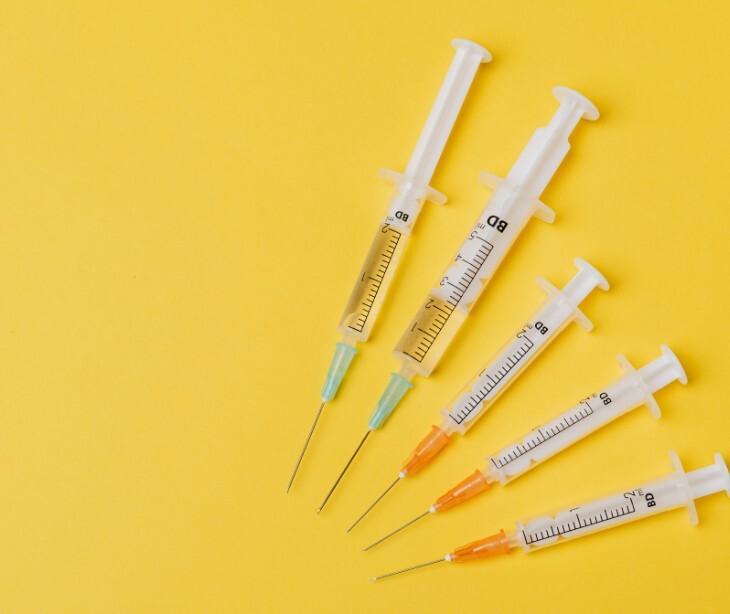2 min read
HHS proposes mandated placebo-controlled trials for new vaccines
Gugu Ntsele May 18, 2025 5:33:29 PM

The Department of Health and Human Services (HHS) has proposed a new policy requiring all new vaccines to undergo placebo-controlled clinical trials before FDA approval, shifting away from the practice of using active comparators in some vaccine studies.
What happened
HHS recently forwarded a proposal that would mandate placebo-controlled trials for all new vaccines seeking FDA approval. This represents a shift in vaccine development requirements, as some vaccines, particularly those developed under emergency authorizations, have used active comparators rather than inert placebos in their clinical trials. The proposal would require true placebo controls in phase III trials with limited exceptions for ethical considerations. Additionally, it would mandate public access to all raw trial data, including adverse event documentation. The policy aims to increase methodological rigor and transparency in vaccine research, addressing growing concerns from healthcare practitioners and legal professionals in the regulatory and bioethics sectors.
The backstory
The debate over placebo use in vaccine trials has intensified in recent years, particularly after the rollout of COVID-19 vaccines under emergency use authorizations. Critics argue that some of these trials relied on active comparators rather than inert placebos, potentially compromising long-term safety assessments. HHS's proposal responds to these concerns by pushing for more rigorous, data-driven clinical research practices.
Going deeper
Elements of the proposal include:
- Mandatory placebo use: Requiring true inert placebo controls in phase III trials, with limited ethical exceptions.
- Data transparency: Mandating public access to raw trial data, including adverse event reports, to promote independent analysis.
- Regulatory alignment: Potential adjustments to FDA standards under 21 CFR Part 312 to better align vaccine trials with investigational drug protocols.
What was said
Legal experts have noted that mandating inert placebo use in all vaccine trials may conflict with established bioethical standards, especially when effective prophylactic treatments already exist. The Declaration of Helsinki and the U.S. Common Rule provide frameworks that allow exceptions to placebo use when withholding a standard intervention could cause harm. They caution that this proposal will likely require careful legal scrutiny to avoid ethical and constitutional challenges.
In the know
Placebo-controlled trials are considered the most reliable method for evaluating the effectiveness and safety of new medical treatments. They compare a test group receiving the experimental vaccine to a control group receiving an inactive placebo, reducing bias and providing clearer data on a vaccine's true impact. However, ethical concerns can arise when effective treatments already exist, potentially complicating the use of placebos in certain trials.
Why it matters
If implemented, this policy could reshape the vaccine approval process, potentially reducing long-term litigation risk and boosting public confidence in new vaccines. It may also prompt manufacturers to rethink their clinical trial designs, potentially increasing costs and lengthening development timelines. However, the push for greater transparency and data reliability could ultimately lead to safer, more trusted vaccines.
The bottom line
As vaccine technology continues to evolve, HHS’s proposal shows the importance of data-driven testing. For manufacturers, this means adapting to higher scientific standards, while for regulators, it represents a move toward greater transparency and public trust in vaccine safety.


%20-%202024-11-19T183025.231.jpg)

